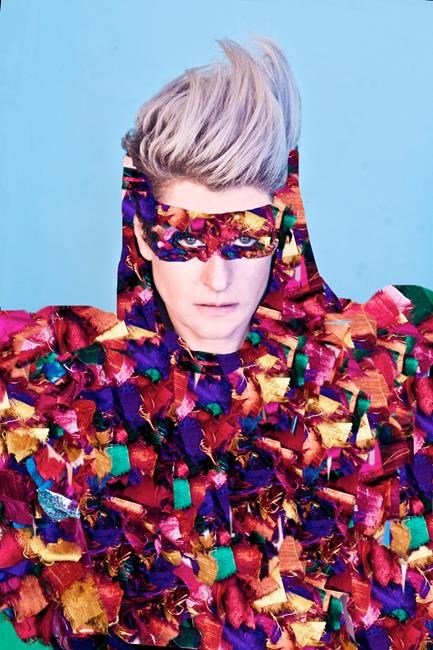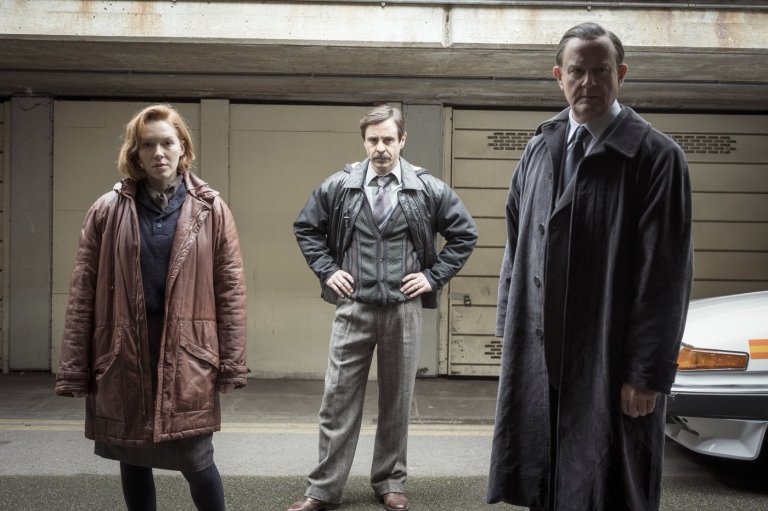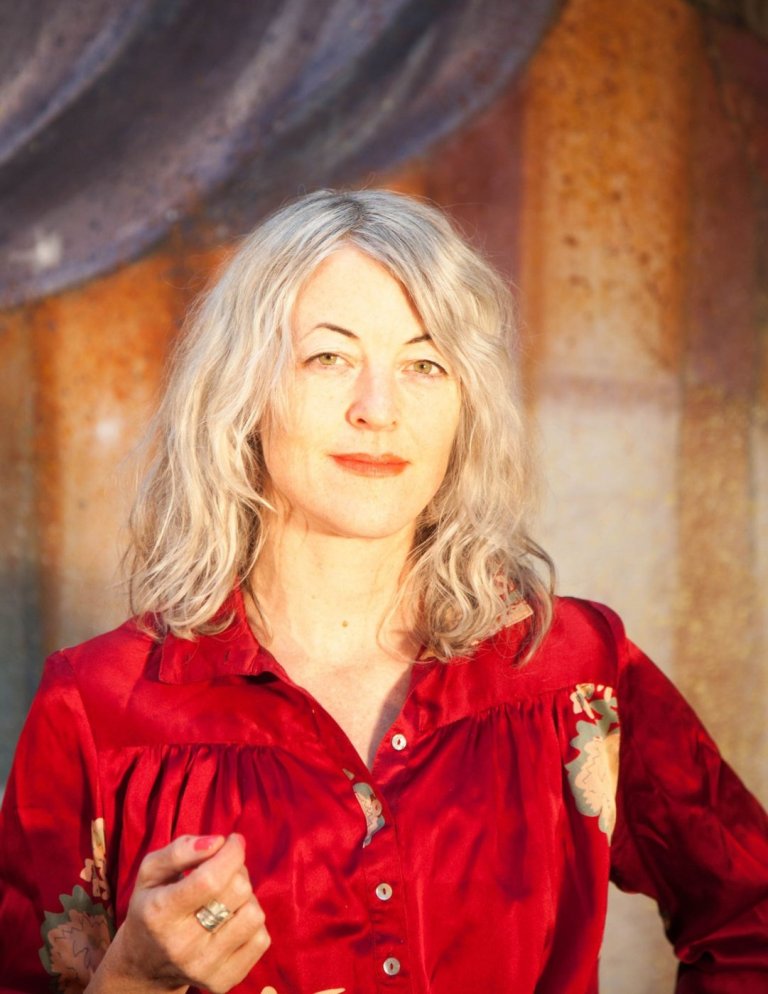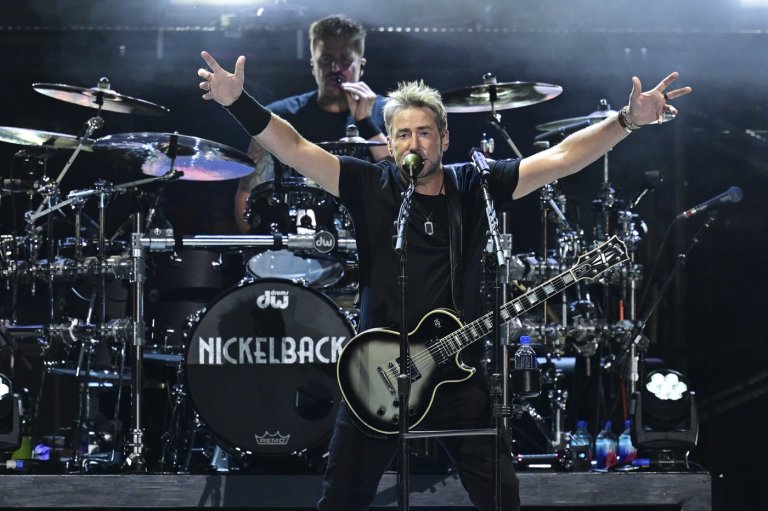
Q&A: Peaches on queer imagery, provoking listeners, getting yanked from YouTube
Electro-pop musician Peaches says she doesn’t necessarily court controversy — yet she always manages to land in the middle of it.
Nearly 30 years after she began challenging the prickly status quo with albums like “The Teaches of Peaches” and “Impeach My Bush,” the Toronto-born performer is still pushing boundaries by merging female sexuality and grotesque themes in a way few others dare.
Peaches will play a run of September shows across parts of Canada starting in Montreal on Friday. She’ll then head west with concerts in Winnipeg (Sept. 23), Saskatoon (Sept. 24), Edmonton (Sept. 25), Calgary (Sept. 26), Vancouver (Sept. 28) and Victoria (Sept. 29).
After her most recent music videos “Rub” and “Vaginoplasty” riled up some viewers — and led to one temporarily being yanked from YouTube — Peaches spoke to The Canadian Press about stoking conversations in her own explicit ways.
CP: You’re one of the most prominent queer artists who has pushed the buttons of listeners in the pop music world, particularly in your music videos. Looking back, how do you see videos affecting the trajectory of your career?
Peaches: Quite simply I just wanted to make what I wanted. I wasn’t really interested in making a music video, which is a commercial to sell more albums. To me it was more of a visual representation that could stand with the music.
CP: Some of the videos like “Boys Wanna Be Her” and “Talk to Me” were played on MuchMusic back in the heyday of videos. Others didn’t get quite as much attention — but has that changed in the era of the Internet?
Peaches: My videos were played after 11 o’clock at night. There were restrictions, there were rules. Now there aren’t any rules because you can put it on YouTube — unless you’re me and you (even) get taken off YouTube.
CP: You’re must be talking about the video for “Rub,” an orgy of imagery you shot in Joshua Tree. YouTube took it down in 2015, most likely for its graphic depiction of female nudity, but the YouTube community eventually put it back up with a warning to viewers.
Peaches: I feel (its removal was) more politically targeted. I can find things way more offensive and way more completely explicit on YouTube, but they’re not an all-female cast (and) crew shot in the desert with complete freedom.
CP: So you feel it was gender targeting or because you are a queer artist?
Peaches: There’s so much discussion about queer and gender and everything right now. I think the question should be: “Why aren’t you queer? What makes you not queer?” Not “what makes you queer?” That’s always been the question to me. There’s a rich history of queer culture and people who were not accounted.
CP: You’ve managed to portray some of those people and lifestyles through your music and touring.
Peaches: In my case I’m white, I’m healthy, I’m making a living, so the discussions aren’t as deep or completely urgent as other situations. I feel very lucky and very privileged that people will look at my work.”
— This interview has been edited and condensed.
Follow @dfriend on Twitter.
Join the Conversation!
Want to share your thoughts, add context, or connect with others in your community?
You must be logged in to post a comment.

















